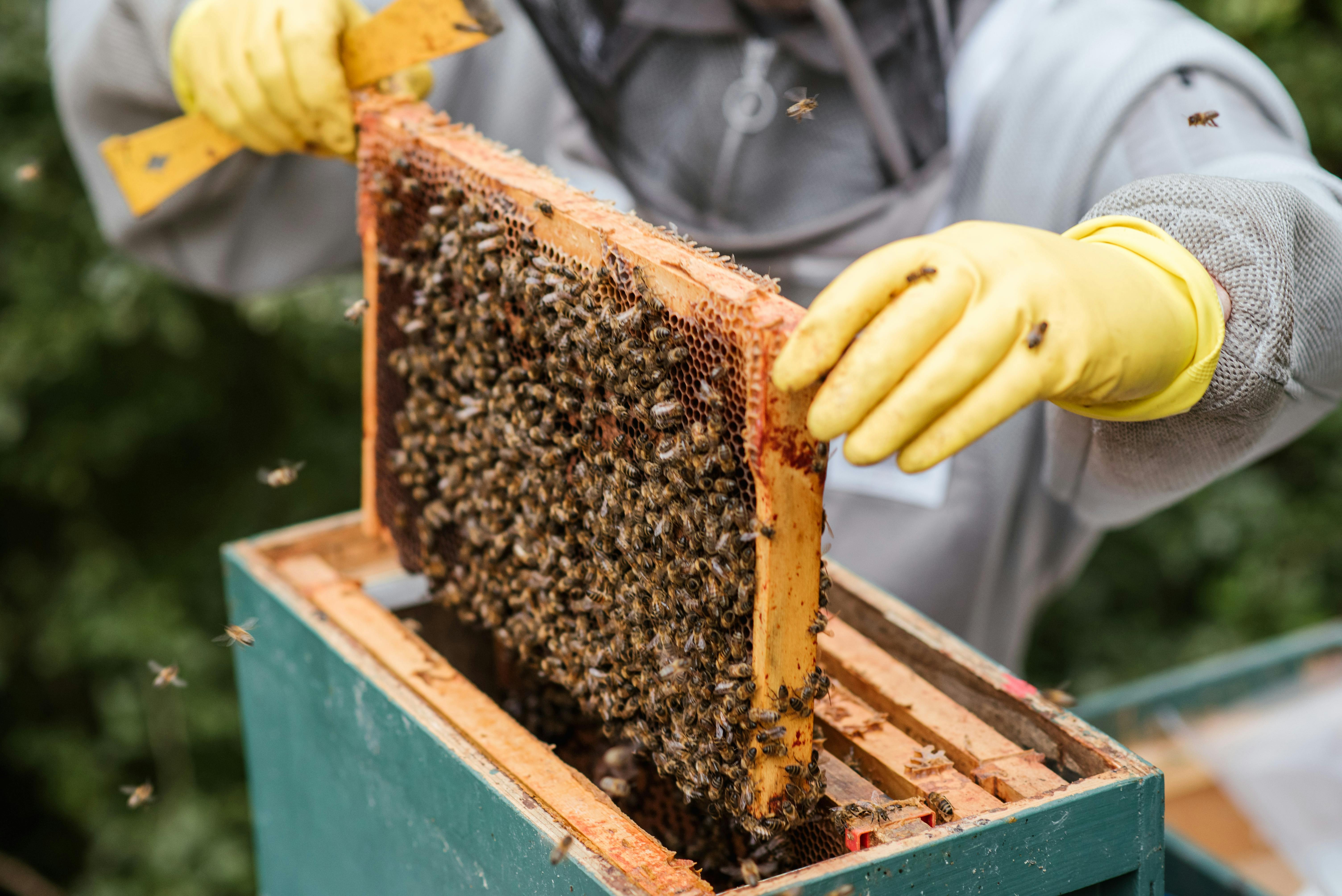Using gifts to avoid US estate tax
The US inheritance tax and the US gift tax are similar but not identical taxes. The first is a tax on what a person owns at death (the estate). The tax is paid by the estate after death. The second tax applies to all donations of goods made during a person’s lifetime and if they are paid by the person making the donation (the donor). In principle, gift tax applies to transfers of property that would otherwise have been part of the estate and would be subject to estate tax upon death.
The inheritance tax and the gift tax are conceptually a unified tax. There is an exemption amount ($5.4 million for US persons and $60,000 for nonresident aliens). At the time that (I) the sum of the lifetime taxable gifts, or (ii) the amount of the lifetime taxable gifts + the taxable estate exceeds the amount of the exemption, the tax must be paid.
Given the policy of preventing a person from gifting assets before death to avoid estate tax, one would think that the definition of what is subject to the two taxes would be identical, to avoid manipulative tax planning. Is this really the case? Not for non-US citizens residing outside of the US! And here the fun begins for us tax fans.
For those people, what are the main types of assets subject to estate tax?
– US Real Estate
– Tangible personal property located in the US at the time of death
– Stocks and bonds issued by a US entity.
For those people, what are the main types of property subject to gift tax?
– US Real Estate
– Tangible personal property located in the US at the time of donation.
Given the differences in definitions, it seems like it would be possible for a person to simply give away their US stocks and bonds before they die. The gift itself would not be subject to US gift tax. Also, when the giver dies, these stocks and bonds will no longer be his, so he will also avoid US estate tax.
Why this apparent loophole, which makes no sense from a policy point of view? Well, as they say, the legislative process and hot dog making are two things you don’t want to watch closely. The historical reasons for this political inconsistency are not pretty.
But, for the benefit of us tax experts, the above solution is of course not that simple for two main reasons:
1. The lessor’s problem is that the people who receive the gift of US stocks and bonds remain subject to estate tax if they die owning these assets. And if the value of the stocks and bonds is substantial, coupled with the fact that the recipient does not know that he will die, this solution is not optimal. There are much better solutions.
2. The biggest problem is that any donation made in anticipation of death is ignored for estate tax purposes, unless specific conditions are met. In other words, unless certain conditions are met, if a person donates the stocks and bonds without careful planning, the gift will be ignored, included in the estate, and subject to estate tax.
What is “anticipation of death”? And what are the conditions that must be met to avoid the return of the donation to the donor’s estate? Very good question.
Both the “anticipation of death” provision and the conditions to prevent the inclusion of donated property in the taxable estate are not subjective tests where the donor can simply say “I did not intend to make the gift due to death” . The tests and conditions are objective tests that must be carefully met in order for both the gift to be tax-free and the estate to avoid inheritance tax.



Recent Comments